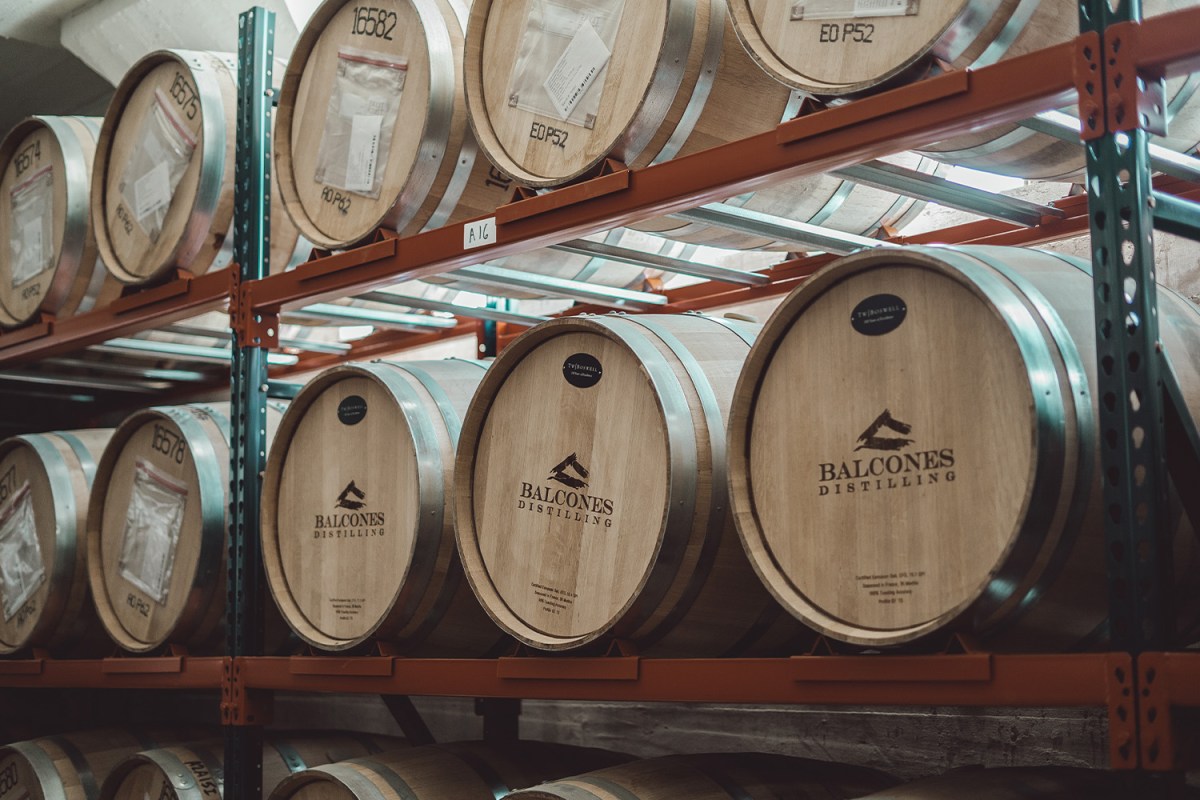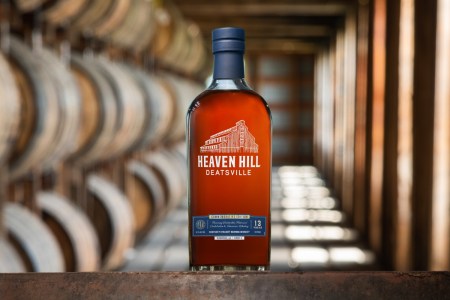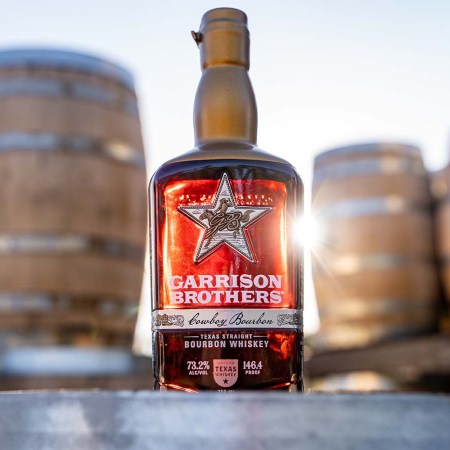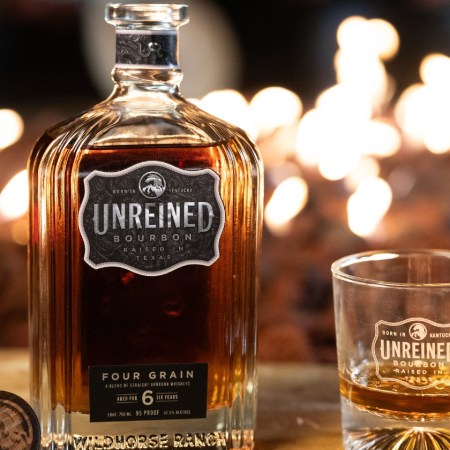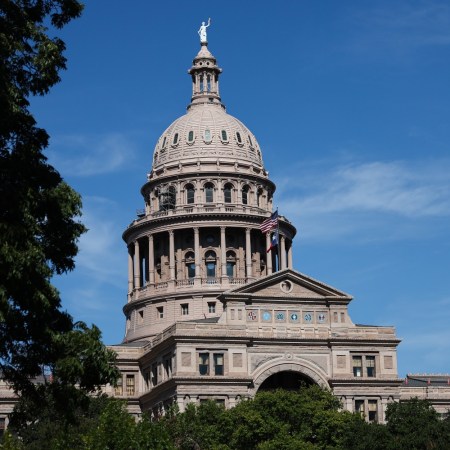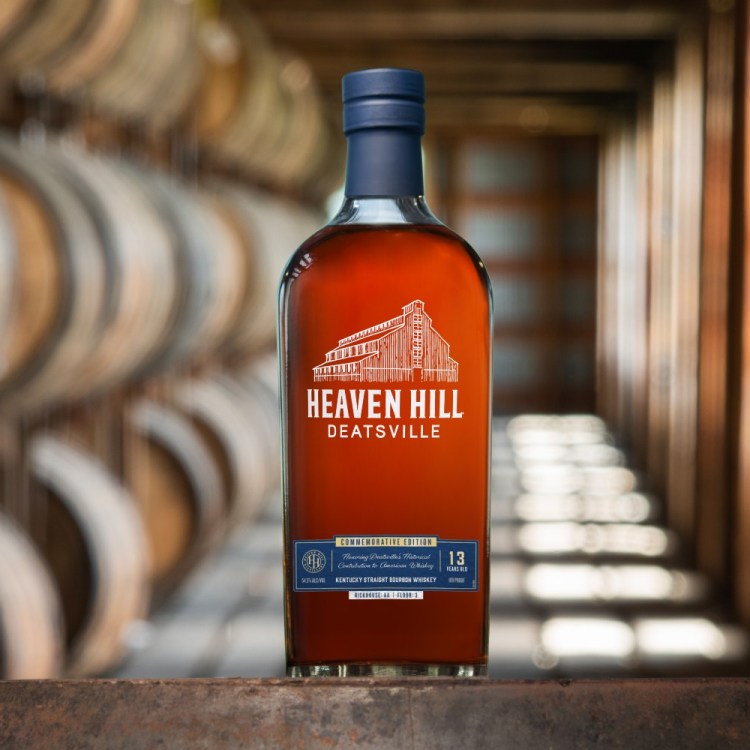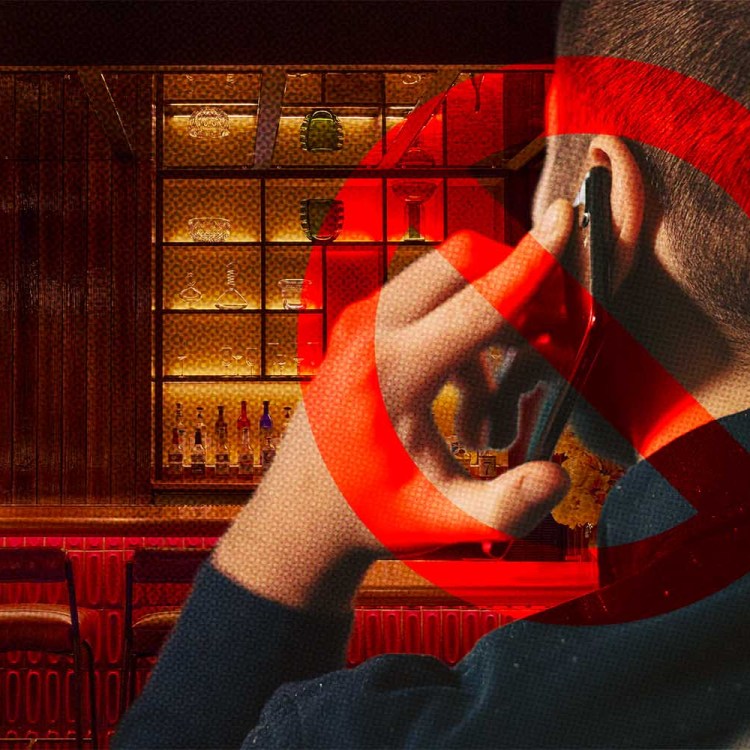Scan the shelves of your favorite liquor store, or browse the virtual shelves on your go-to delivery app, and you’ll see dozens of Texas whiskeys. The best of the bunch come from a diverse array of distilleries, from the relatively old-guard whiskey makers like Balcones and Garrison Brothers, who helped create a fledgling category more than a decade ago, to newer upstarts who recently moved their now-mature liquid into bottles. All told, now’s a good time to be a Texas whiskey drinker.
However, sitting beside these Texas-made bottles, are other products that trade on Texas heritage and its cultural cache but aren’t actually made in the state. Some drinkers don’t care much where their booze comes from, but recent years have trended toward consumers paying more attention to what they’re purchasing and putting into their bodies. In other words, provenance matters — and so does transparency.
The Texas Whiskey Association (TXWA) is a membership group of Texas distilleries with the stated goal to “promote Texas whiskey, educate consumers and support distilleries that produce whiskey all within the territorial boundaries of the state of Texas.” Much of their work involves encouraging truth and transparency in labeling, and they’ve created a certification standard to ensure authenticity. Because like those made in Kentucky, Scotland or elsewhere, Texas whiskeys are unique to their environment.
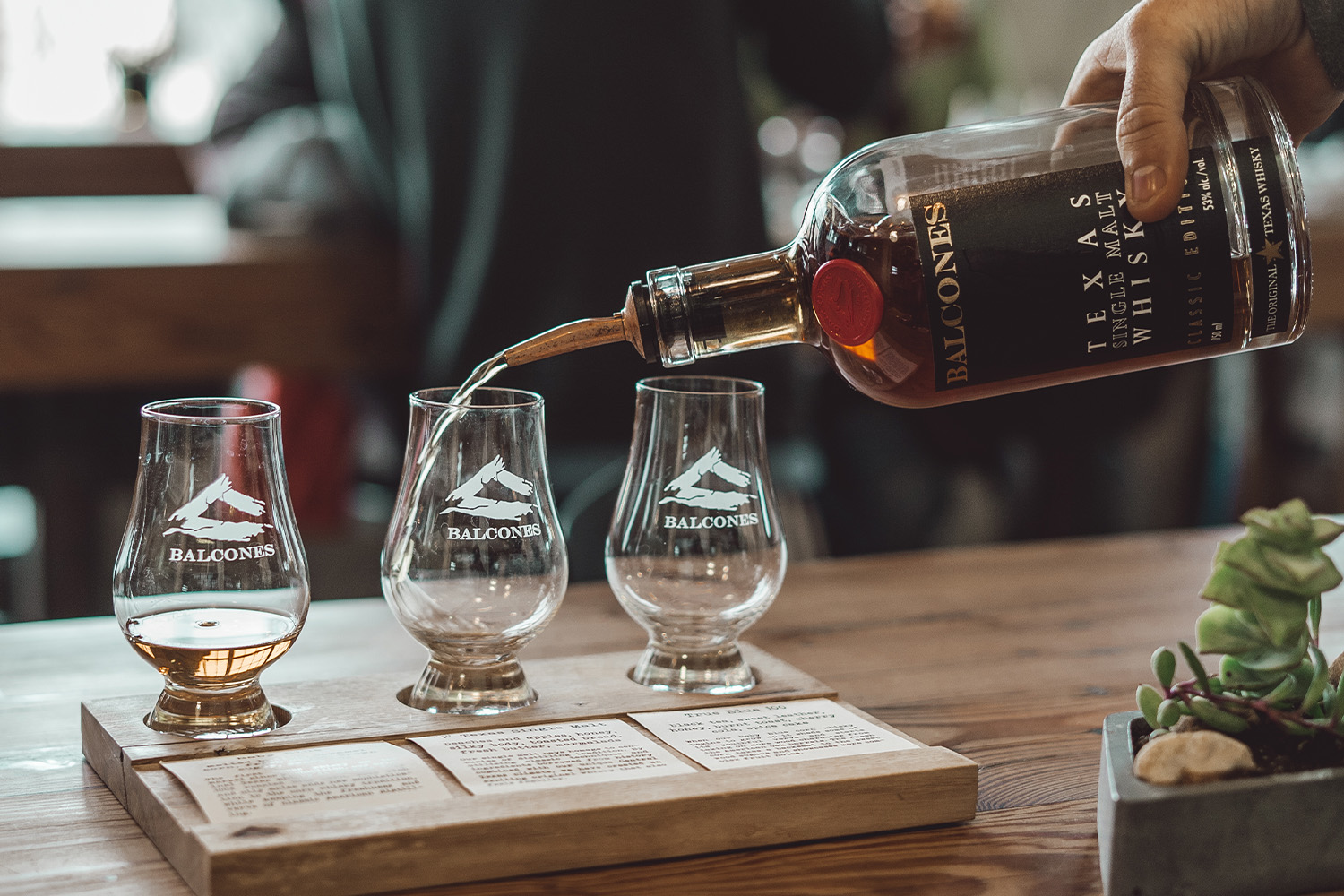
“Our climate is definitely unique compared to traditional whiskey-making regions of the world,” says Jared Himstedt, the head distiller at Balcones. “The temperature swings throughout the year are wider, and sometimes having 30-40 degree swings in one day is not uncommon. All of this contributes to an accentuated opening and closing of the oak in the barrel, and a significantly increased interaction between the oak and the spirit.” He explains that this interaction with oak leads to a greater density and compression of flavor that’s indicative of Texas.
Provenance doesn’t guarantee quality, but Texas has its own allure, for better or worse, that’s known across the world. Himstedt says the Certified Texas Whiskey designation helps people know what they’re buying, so if they value whiskey being from Texas, they’ll know that it is actually fermented, distilled, aged and bottled within the state.
Jake Clements started the Texas Whiskey Festival in 2018. He also serves as the director of the TXWA’s Texas Whiskey Trail and is a member of the Texas Distilled Spirits Association. His desire to promote grain-to-glass Texas whiskeys was born from a realization that certain whiskeys use the Texas brand even though they’re made elsewhere. But it was never about shaming producers that source their juice. That practice is widespread across the world, and it’s a viable business that results in interesting blends and rare bottlings. Instead, the Texas whiskey certification is simply about ensuring that consumers aren’t duped by shady marketing.
“We want to be transparent and promote what’s being made here in Texas,” says Clements. “Customers deserve to know what they’re getting in the bottle. If you see the certification seal, you know it’s legit. People want to spend money on local products, so let’s give the consumer the information to make an informed choice.”
The Certified Texas Whiskey program is a member-led initiative, so it’s not backed by legislative standards, like those that protect tequila or cognac. For now, the TXWA is content to keep its work grassroots, as they champion the growing category’s integrity.
“We think the burgeoning Texas whiskey region is crafting some exquisite whiskeys, and we want them to get the attention and specificity they deserve,” explains Himstedt. “[Certification is] a way of ensuring that the designation means something, and a commitment to drinkers that the claims on the label and marketing are honest as to the origin of the whiskey.”
Before Heaven Hill Stops Aging Whiskey at Deatsville, They’re Releasing a New Bourbon
The distillery just announced Heaven Hill Deatsville 13-Year-Old Bourbon WhiskeyTexas whiskeys are easy to find at liquor stores and inside bars, but one of the best ways to experience local products is by seeing where they’re made. That’s where the Texas Whiskey Trail comes in. It’s divided into four sections: North Texas, South Texas, the Hill Country and the Gulf Coast, with about 30 distilleries comprising the trail. Given the state’s size, this isn’t a one-day activity, or even something you can accomplish over a long weekend. But that was never the point. Clements calls this the consumer-facing side of the TXWA, and notes that Texas is too big to put people on a tour bus. “It’s a self-led thing, so you can go at your own pace,” he says.
As visitors swing through distilleries, they can use the website’s check-in form (an app is in the works), to note the distillery and the date. This feature tracks your visits, and you can earn points to use towards merch like T-shirts and tasting glasses.
A whiskey-focused road trip’s not a bad way to see Texas, as following the trail can take you through all the major cities and across the scenic countryside. Best of all, you know that wherever you stop, there will be a drink waiting for you.
Every Thursday, our resident experts see to it that you’re up to date on the latest from the world of drinks. Trend reports, bottle reviews, cocktail recipes and more. Sign up for THE SPILL now.
